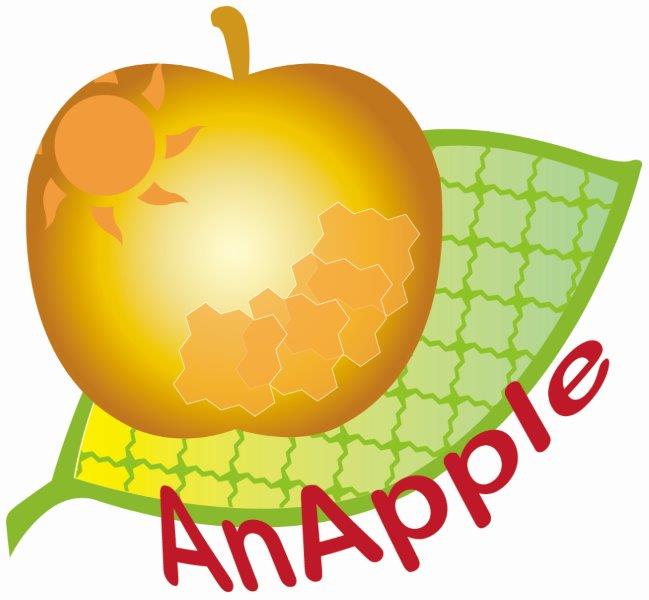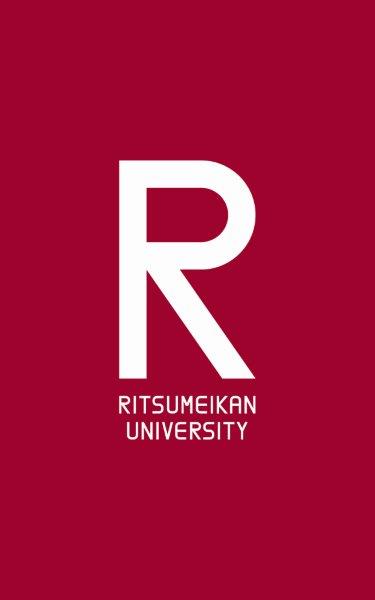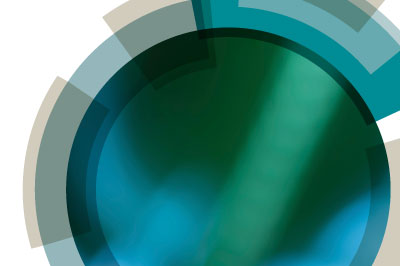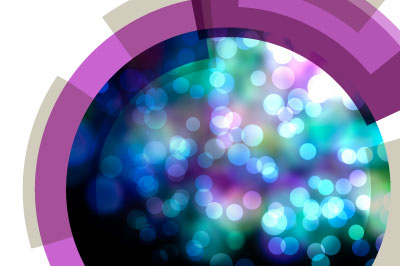Introduction
Artificial photosynthesis has the potential to be one of the most promising sciences and technologies for solving the global environmental problems that may threaten the sustainability of humanity, caused by the exhaustion of fossil energy and carbon resources along with the rapid increase of atmospheric carbon dioxide concentration. A further escalation of the “CO2 crisis” now seems inevitable.Modern research on artificial photosynthesis started in the late 20th century with three major milestones:
- light induced water splitting using titanium dioxide (Honda-Fujishima effect: 1972)
- water oxidation catalysis (Meyer: 1983)
- photocatalytic reduction of CO2 (Lehn: 1986)
Aims
During this Faraday Discussion leading scientists in the broad areas related to all aspects of artificial photosynthesis will have the opportunity to discuss, exchange, and share knowledge on its rapidly advancing cutting edge, with a view to the fusion of many disciplines and cross-fertilization to find realistic pathways to artificial photosynthesis.The program will incorporate biological approaches from the standpoint of learning from and understanding nature, fundamental processes, molecular catalysts, visible light responsive semiconductor catalysts, inorganic assembly catalysts, and integration of systems for demonstrating realistic devices. Sound communication between scientists and wider global society will also be a significant consideration.
Format
The Faraday Division have been organising high impact Faraday Discussions in rapidly developing areas of chemistry and its interfaces with other scientific disciplines for over 100 years.Faraday Discussions have a special format where research papers written by the speakers are distributed to all participants before the meeting, and most of the meeting is devoted to discussing the papers. Everyone contributes to the discussion - including presenting their own relevant research. The research papers and a record of the discussion are published in the journal Faraday Discussions.
Learn more about Faraday Discussions here:
Themes
- Biological approaches to artificial photosynthesis, fundamental processes and theoretical approaches
How does nature exert efficient water oxidation?
What is the structure of the reaction centre?
How does nature protect the reaction centre?
How can we couple light harvesting with electron transfer, proton-coupled electron transfer?
How can we utilize theoretical analysis and prediction for designing systems?
- Molecular catalysts for artificial photosynthesis
What are the bottleneck subjects and how can we get through them?
How can we get electrons from water for CO2 reduction?
- Inorganic assembly catalysts for artificial photosynthesis
How can we improve charge separation?
How can we reduce the effect of defect?
How do hot electrons behave in the conduction band and how can we control the flow of the electrons?
- Integration of systems for demonstrating realistic devices
How can we design, assemble, and integrate systems?
What is the time schedule?
When will industry join?
How and when does the general public choose to adopt technologies?












